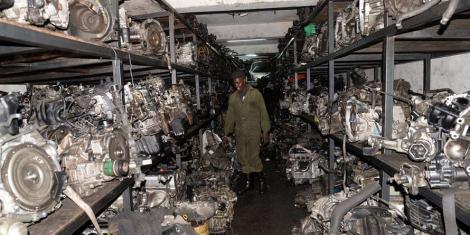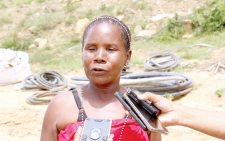State bans secondhand electronics importation

Kenya has banned the importation of second hand electronic gadgets into the country from January 2020 to protect it from being used as an e-waste dumpsite.
The ban will majorly affect electronic gadgets, old computers and laptops by donors and other multinational companies to schools and other institutions in the country.
Director of Environmental Education in the Ministry Environment Ayub Macharia decried that Kenya has been a victim of illegal movement of e-waste from developed countries which is a major global challenge.
Strict rules
“The move to ban import of old electronic gadgets will be contained in the Extended Producer Responsibility Regulations. We are putting strict regulations to deter import of obsolete electronics,” he said.
Most e-waste comes from Australia, China, the EU, Japan, North America, the Republic of Korea, United States and Canada.
He spoke on the sideline of International E-Waste Day at the WEEE Centre in Utawala that offers recycling services to the general public, business, learning institutions, government and NGOs.
The move according to Macharia, will also push the value of electronics up as importers and sellers of electronic gadgets; TVs, radios, mobile phones, electric cables and equipment will be responsible for the waste. “Those who sell the non-biodegradable equipment will have to adhere to deposit return scheme,” he said.
This means that a certain fee will be added on top of the gadget price where buyers would either get it back when they take back the product or get a new one by adding a certain amount of money.
“By March, this regulations will be operational,” he added.
WEEE General manager Boniface Mbithi said Kenya generates over 44,000 tonnes of electronic waste (e-waste) each year . “The e-waste is more because we do not have a framework to capture the data. We only collect 25 tonnes monthly though we have a capacity of 100 tonnes,” he said.












